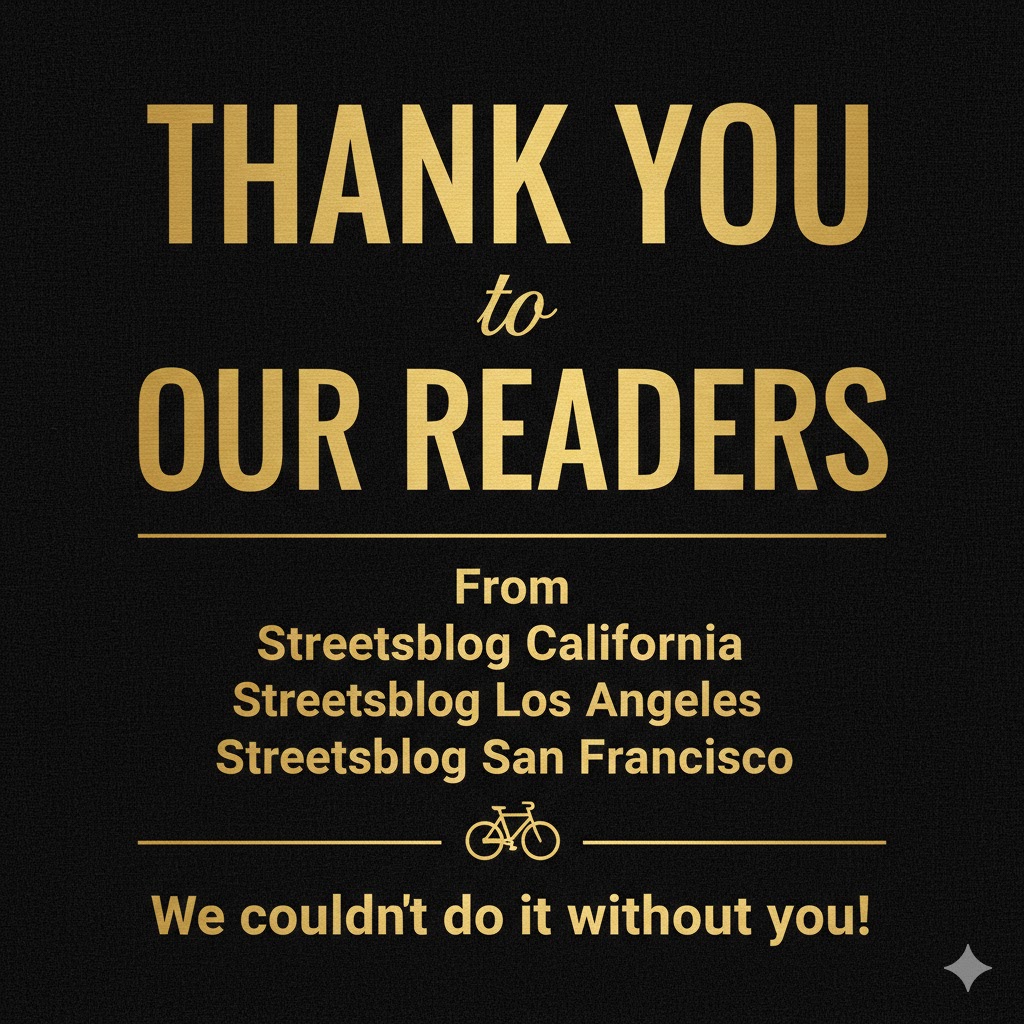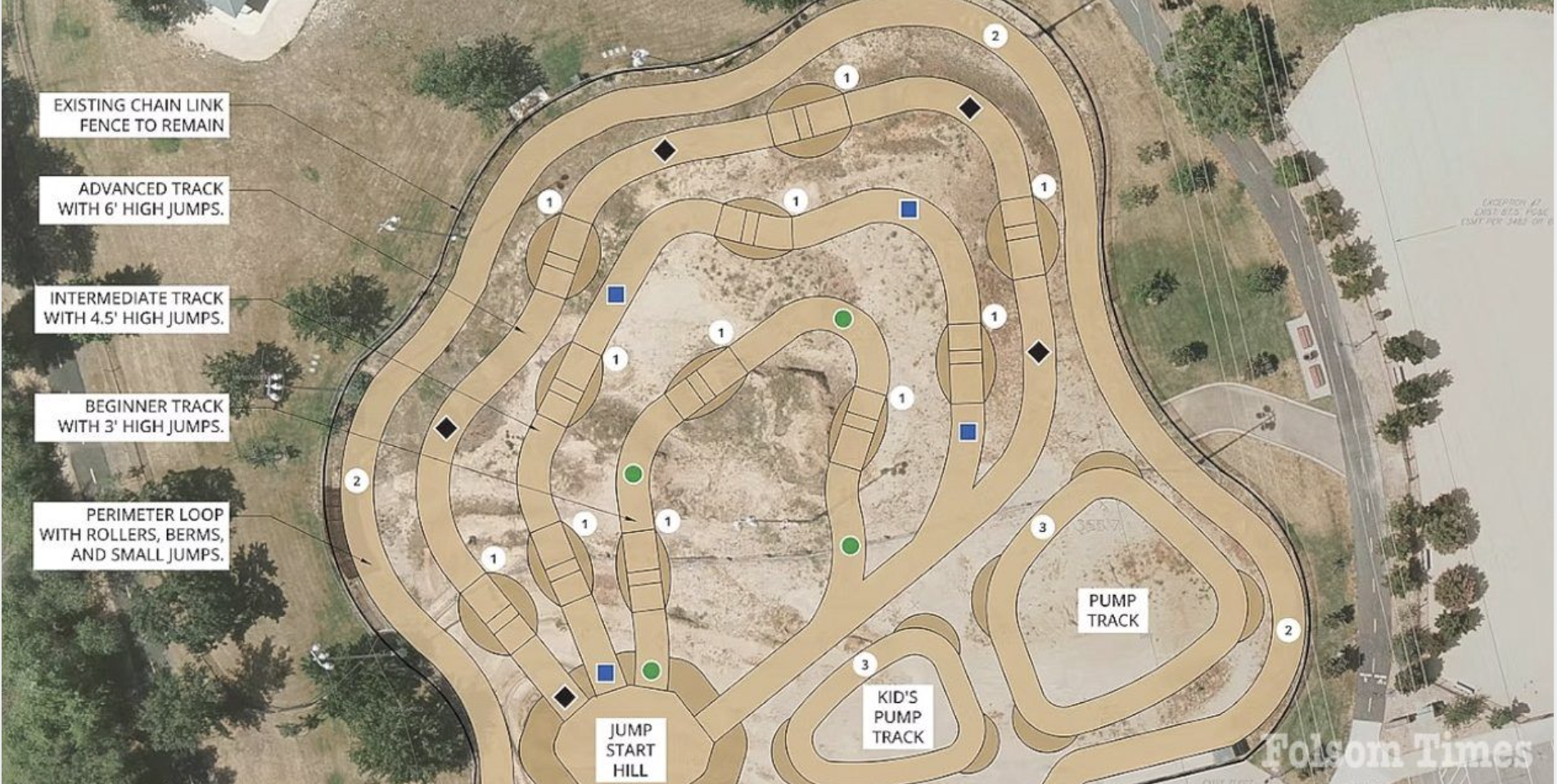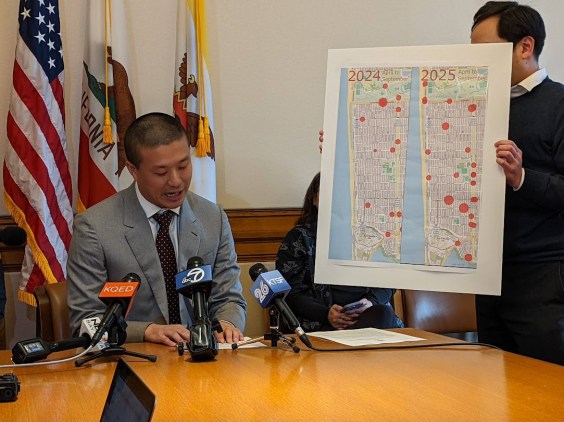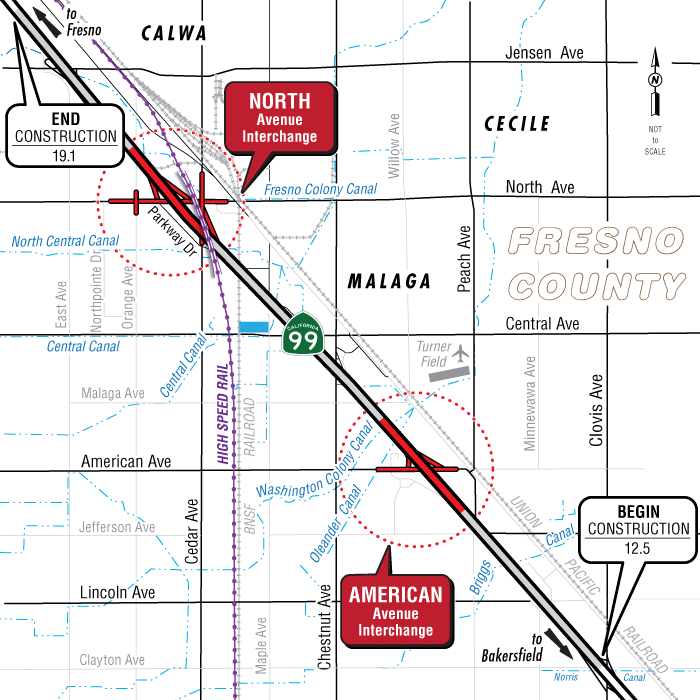When Portland launched its bike-share system last week, it became the biggest American city to go live with a "smart bike" model. The system allows users to drop off bikes anywhere within the service area, as opposed to the more prevalent "smart dock" model, where users pick up and return bikes only at fixed stations.
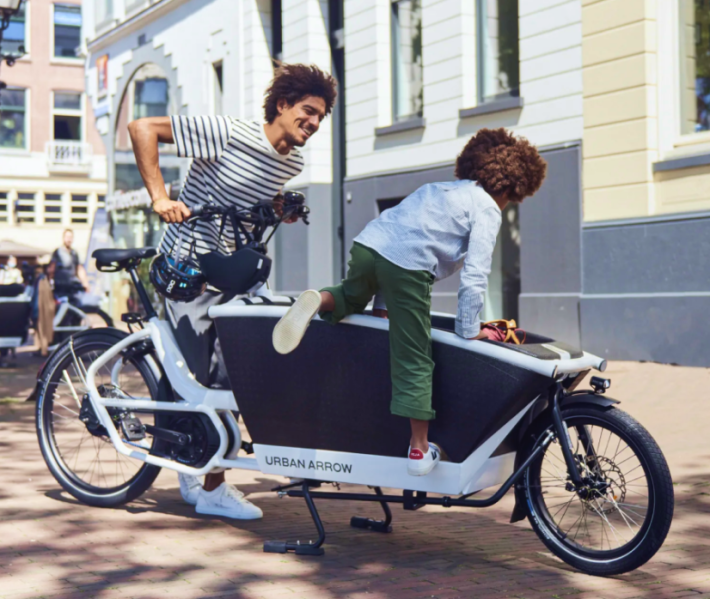
James Sinclair at Stop and Move considers some of the advantages and disadvantages of each system:
In a smart dock system, everything is handled by the dock and an attached kiosk. On a smart bike system, the bicycle itself carries all the technology. That means you can lock your bicycle to anything. You use a pin code to remove the built in lock and when you're done, you reattach the lock to the bicycle (and another fixed object of course). Built in GPS ensures the company knows where the bike is.
So why pick one system over another? If most cities have used smart docks, why did Portland go with smart bikes?
The biggest factor involves cost and ease of deployment. A smart bike system actually requires zero infrastructure. You can release the bicycles and let users dock wherever they want -- existing racks, fences etc. Docking areas can be created virtually, and displayed with signs or stickers...
One of the major problems with a smart dock system is arriving at a station where every dock is full. That scenario can simply never happen with a smart bike system, since you can lock up to a pole or fence.
But systems like Portland's have drawbacks too, he says:
Aside from visibility, stations also creates predictability. A smart dock system will rarely move (it's expensive to do so), but smart bikes could be parked literally anywhere. If you're not interested in a Pokemon Go type experience for bikes, where you have to use the app to track one down, you'll value the predictability of a station. Many smart bike systems try to encourage the use of the stations by using pricing tricks -- a debit if you park away from one, a credit if you bring a bike to one -- for exactly this reason. Of course, smart dock systems don't need an incentive because bikes will always be at the stations.
Less predictable usage patterns may also make it harder for operators to redistribute bikes, since they won't all be parked at a fixed number of locations.
Cleveland also recently launched a smart bike system that will soon scale up to include 250 bikes -- not as substantial as Portland's. Once cities gain experience running both smart bike networks and smart dock networks, it will be interesting to compare which performs better.
Elsewhere on the Network today: Greater Greater Washington takes on Donald Trump's rhetoric about cities. Market Urbanism considers Stanley Kurtz's conspiracy theory that President Obama is trying to destroy the suburbs. And Systemic Failure shares a story that illuminates backward transportation priorities in San Jose.
